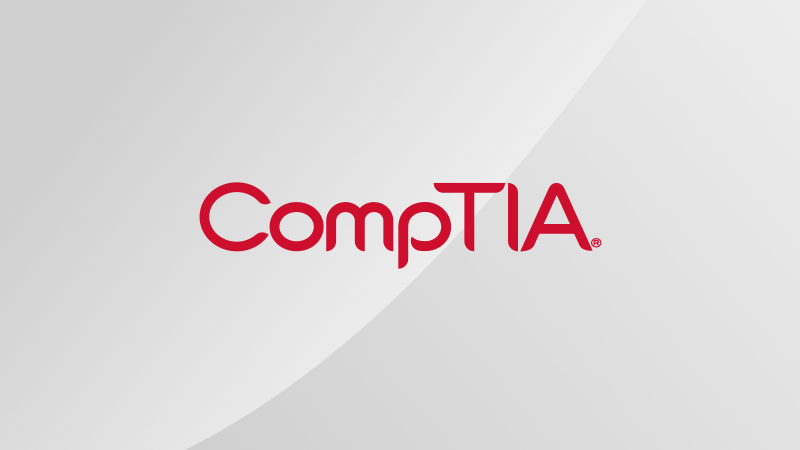I've been talking to my usual CompTIA rep (aka "business development manager") via email and they were stimied by this one.
There's CompTIA exam voucher resellers who offer certification vouchers in ways that seem hard to compete with. These folks do not appear on CompTIA's registered partner list. Their websites also don't mention a parent company which could be on the list. What's more, their websites don't actually much of anything about the company! No registration information, no address.
Your initial thought might be "scammers", but supposedly plenty of folks on Reddit and elsewhere report getting their vouchers just fine. So payments are processed and working vouchers are delivered and used.
One example are voucherplex.com. They offer most vouchers at more than the usual 20% CompTIA partner discount. This might mean that they have a higher partner tier and thus get more discounts. But then why are they not on the partner list?
Another example is supervoucher.com. They are an even more interesting case! They offer exam vouchers with differing lifetimes, offering higher discounts for shorter lifetime vouchers. They also offer vouchers on a global level, so not just US/CA, but also UK, EU, Emerging markets etc, which should be impossible. I guess Supervoucher buy vouchers in bulk every month, selling them FIFO (first in first out) and then selling left-overs at reduced prices while they're almost expiring.
But again... they're not on the partner list, while they make claims about such status. They also don't list a parent company. No nothing.
Both companies, after some sleuthing, appear to be in Canada. One in Ontario, the other in Toronto.
I'm very curious about your insights... How the heck are companies that appear to not be registered partners buying vouchers in bulk? And how is one of them buying vouchers across the globe, instead of only in their own market?
There's CompTIA exam voucher resellers who offer certification vouchers in ways that seem hard to compete with. These folks do not appear on CompTIA's registered partner list. Their websites also don't mention a parent company which could be on the list. What's more, their websites don't actually much of anything about the company! No registration information, no address.
Your initial thought might be "scammers", but supposedly plenty of folks on Reddit and elsewhere report getting their vouchers just fine. So payments are processed and working vouchers are delivered and used.
One example are voucherplex.com. They offer most vouchers at more than the usual 20% CompTIA partner discount. This might mean that they have a higher partner tier and thus get more discounts. But then why are they not on the partner list?
Another example is supervoucher.com. They are an even more interesting case! They offer exam vouchers with differing lifetimes, offering higher discounts for shorter lifetime vouchers. They also offer vouchers on a global level, so not just US/CA, but also UK, EU, Emerging markets etc, which should be impossible. I guess Supervoucher buy vouchers in bulk every month, selling them FIFO (first in first out) and then selling left-overs at reduced prices while they're almost expiring.
But again... they're not on the partner list, while they make claims about such status. They also don't list a parent company. No nothing.
Both companies, after some sleuthing, appear to be in Canada. One in Ontario, the other in Toronto.
I'm very curious about your insights... How the heck are companies that appear to not be registered partners buying vouchers in bulk? And how is one of them buying vouchers across the globe, instead of only in their own market?
Last edited:

